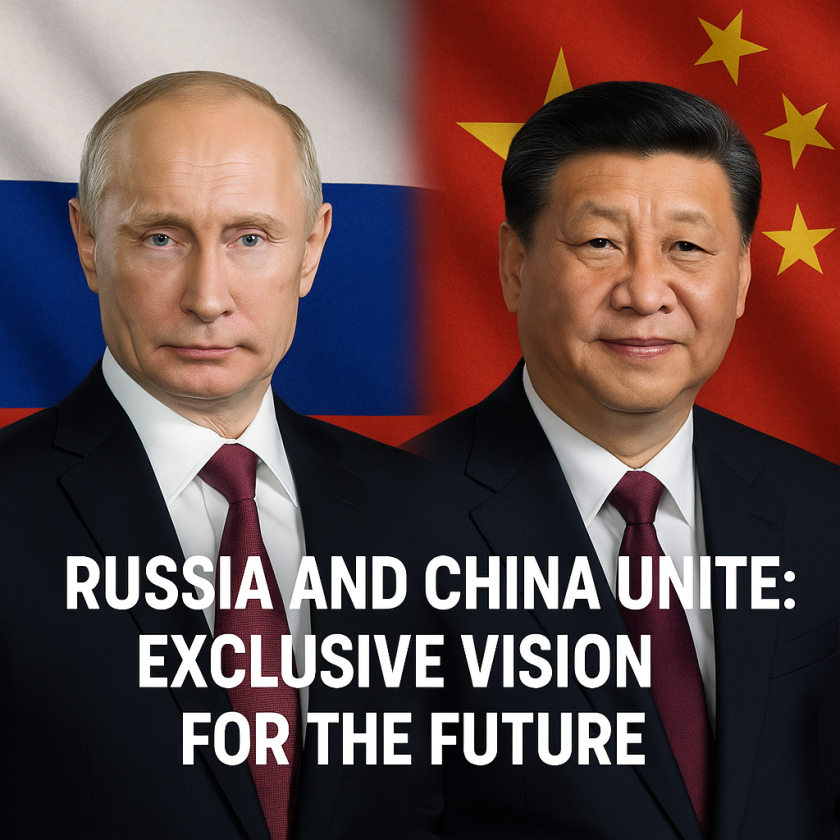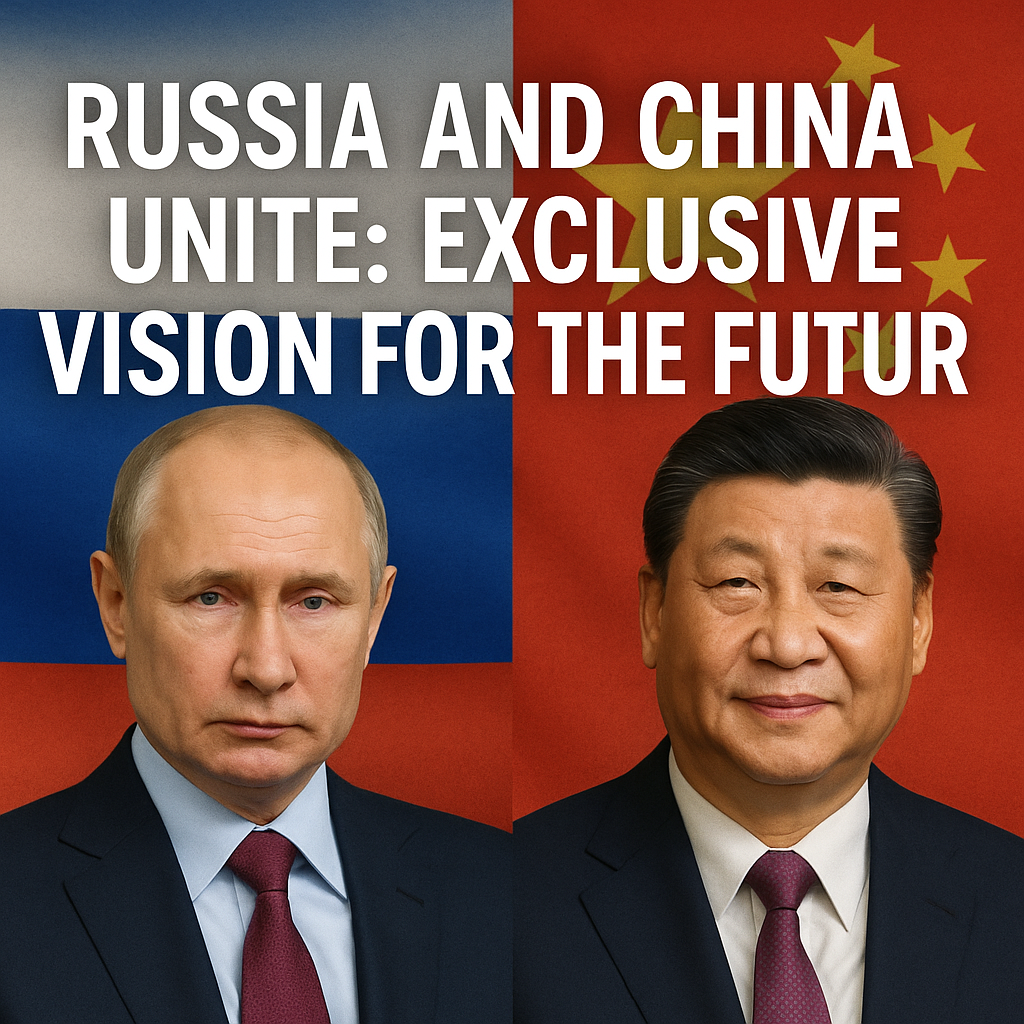Russia and China Unite: Exclusive Vision for the Future
Russia and China Unite: An Exclusive Vision for the Future
In recent years, Russia and China have increasingly aligned their geopolitical ambitions, crafting a united vision that significantly impacts global politics. This collaboration comes as both nations face economic sanctions from the West, presenting an interesting dynamic as they forge a path forward.
The Foundations of the Alliance

Historically, Russia and China have navigated a complicated relationship, oscillating between cooperation and rivalry. However, recent developments have shifted the narrative toward a more robust partnership. As elucidated in a report by RT, President Putin stated that Russia and China are moving towards a “new world order” characterized by mutual respect and energy cooperation (RT). This assertion aligns with China’s Belt and Road Initiative, which seeks to create a modern Silk Road connecting Asia with Europe and beyond.
One critical component of this partnership is the shared vision for a multipolar world, free from Western dominance. Analysts suggest that both nations consider this approach essential for global stability. The growing military and economic collaboration, including joint military exercises and energy agreements, has strengthened their strategic ties.
Economic Implications of Their Union
The economic dimensions of the Russia-China alliance cannot be overlooked. Al Jazeera highlights that the two countries have ramped up trade, with figures reportedly reaching record highs in 2023. This partnership allows both nations to mitigate the effects of sanctions from Western countries, particularly in sectors critical to their national security.
– Key Areas of Cooperation:
– Energy: Russia is a significant oil and gas supplier to China, which is critical for energy security as China moves away from coal.
– Technology: Joint ventures in high-tech industries, especially in telecommunications and artificial intelligence, are also expanding.
– Infrastructure: Investments in infrastructure projects have been ramped up, with both countries benefiting from this collaboration.
Despite the positive outlook, this partnership isn’t without challenges. Differences in governance styles and economic models could create friction. As Sky News reports, while both nations have their agendas, they must navigate these differences carefully to avoid undermining their collaborative efforts.
Cultural and Political Dimensions
Beyond economics, there’s a significant cultural and political aspect to consider. The partnership extends into realms of diplomacy, where both countries have increasingly supported each other’s stances on various international issues. For example, China has consistently backed Russia over conflicts in Ukraine and Syria, signaling a united front against Western intervention.
However, the long-term sustainability of this alliance may hinge on the flexibility of both nations. As both countries evolve, shifting domestic priorities and international pressures could alter the current dynamics. The concern remains that their partnership could be more strategic than genuine, aimed mainly at countering the influence of the West rather than fostering a lasting alliance.
Conclusion: A Complex Future Ahead
Russia and China’s alliance forms a significant geopolitical axis that challenges traditional global power relationships. The unity between these two nations reflects shared interests, particularly in promoting a multipolar world order, yet their partnership is marked by inherent complexities and potential pitfalls. As they navigate the future, the balance of power on the world stage will likely depend on how effectively both countries can maintain their collaboration while addressing their individual aspirations.
In summary, while Russia and China’s united vision holds the promise of a different geopolitical landscape, it is essential to approach this alliance with a nuanced perspective, acknowledging both its strengths and uncertainties. The coming years will be crucial for observing how this partnership unfolds and what implications it will have for international relations moving forward.






































